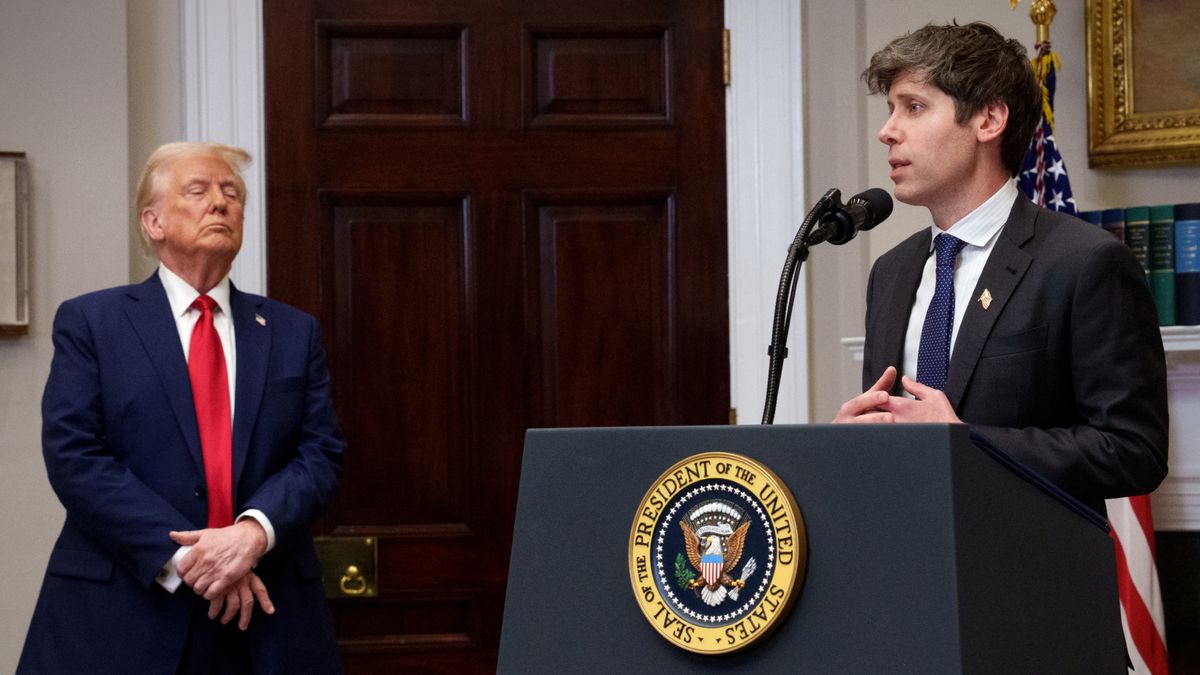Unlocking Government Potential: ChatGPT Gov Revolutionizes Public Sector Communication
OpenAI, a leader in artificial intelligence innovation, has recently unveiled ChatGPT Gov, a specialized version of its renowned language model specifically designed for government use. This groundbreaking initiative is poised to transform the way public sector entities communicate, engage with citizens, and deliver services. By unlocking government potential through enhanced efficiency and engagement, ChatGPT Gov is not just a technological advancement; it’s a paradigm shift in public service.
Understanding ChatGPT Gov
ChatGPT Gov is tailored to meet the unique needs of governmental bodies, emphasizing security, compliance, and user-friendly interactions. As public sector challenges grow in complexity, the demand for effective communication and information dissemination has never been higher. This AI-driven solution can assist in a variety of roles, from answering citizen inquiries to aiding in the drafting of public documents.
Key Features of ChatGPT Gov
OpenAI has incorporated several features into ChatGPT Gov that make it particularly suitable for government applications:
- Enhanced Security: Given the sensitive nature of government data, ChatGPT Gov comes equipped with robust security protocols to ensure that all interactions are confidential and secure.
- Compliance with Regulations: The tool is designed to adhere to government regulations and standards, making it easier for public sector organizations to integrate AI into their workflows.
- User-Centric Design: The interface of ChatGPT Gov is intuitive, allowing government employees and citizens alike to engage seamlessly with the AI.
- Multi-Functional Capabilities: From providing real-time information to assisting in policy drafting, ChatGPT Gov can serve multiple functions across various departments.
The Impacts of ChatGPT Gov on Public Service
The implications of ChatGPT Gov for public service are vast and multifaceted. Here are some key areas where this tool is likely to make a significant impact:
1. Improved Citizen Engagement
One of the most notable benefits of ChatGPT Gov is its ability to enhance citizen engagement. By providing quick and accurate responses to inquiries, the tool can help bridge the communication gap between citizens and government officials.
- 24/7 Availability: Citizens can access information at any time, reducing frustration associated with traditional office hours.
- Personalized Interactions: The AI can tailor responses based on individual queries, making each interaction feel more relevant and engaging.
2. Streamlined Government Operations
ChatGPT Gov can automate routine tasks, allowing government employees to focus on more complex issues. This streamlining of operations can lead to increased productivity and efficiency.
- Automated Document Drafting: The AI can help draft reports, memos, and other documents, significantly reducing the time spent on administrative tasks.
- Data Analysis: ChatGPT Gov can quickly analyze data and present it in a comprehensible format, aiding decision-making processes.
3. Enhanced Accessibility
By utilizing AI, governments can make their services more accessible to a broader audience, including individuals with disabilities or those who may have language barriers.
- Language Translation: The tool can provide translations for non-native speakers, ensuring that everyone has access to important information.
- Accessibility Features: With voice recognition and other assistive technologies, ChatGPT Gov can cater to individuals with disabilities.
Challenges and Considerations
While the benefits of ChatGPT Gov are substantial, there are also challenges that government entities must consider when implementing this technology:
- Data Privacy Concerns: Ensuring that citizen data is protected and not misused is paramount. Governments must establish clear policies regarding data handling.
- AI Bias: Like any AI model, ChatGPT can inadvertently reflect biases present in its training data. Continuous monitoring and training updates are essential to mitigate this risk.
- Training and Adaptation: Government employees will require training to effectively utilize ChatGPT Gov, necessitating an investment in human resources.
Future Prospects
The launch of ChatGPT Gov signifies a crucial step towards a more innovative public sector. As AI technologies continue to evolve, so too will the capabilities of tools like ChatGPT Gov. Future developments may include:
- Integration with Other Technologies: Combining ChatGPT Gov with other technological advancements, such as blockchain for secure transactions, could further enhance government operations.
- Continuous Learning: The model can be regularly updated with new information, ensuring that it remains relevant and effective in addressing current issues.
- Global Government Collaboration: As more governments adopt AI technologies, there may be opportunities for collaboration, sharing best practices, and developing unified standards.
Conclusion
The introduction of ChatGPT Gov by OpenAI represents a landmark moment in the modernization of public sector communication. By unlocking government potential through advanced AI capabilities, this innovative tool is set to enhance efficiency, improve citizen engagement, and streamline operations across various governmental functions. While challenges remain, the overarching benefits of implementing ChatGPT Gov are poised to pave the way for a more responsive and effective public service. As governments embrace this technology, the future of public administration looks brighter and more connected than ever before.
See more Future Tech Daily

